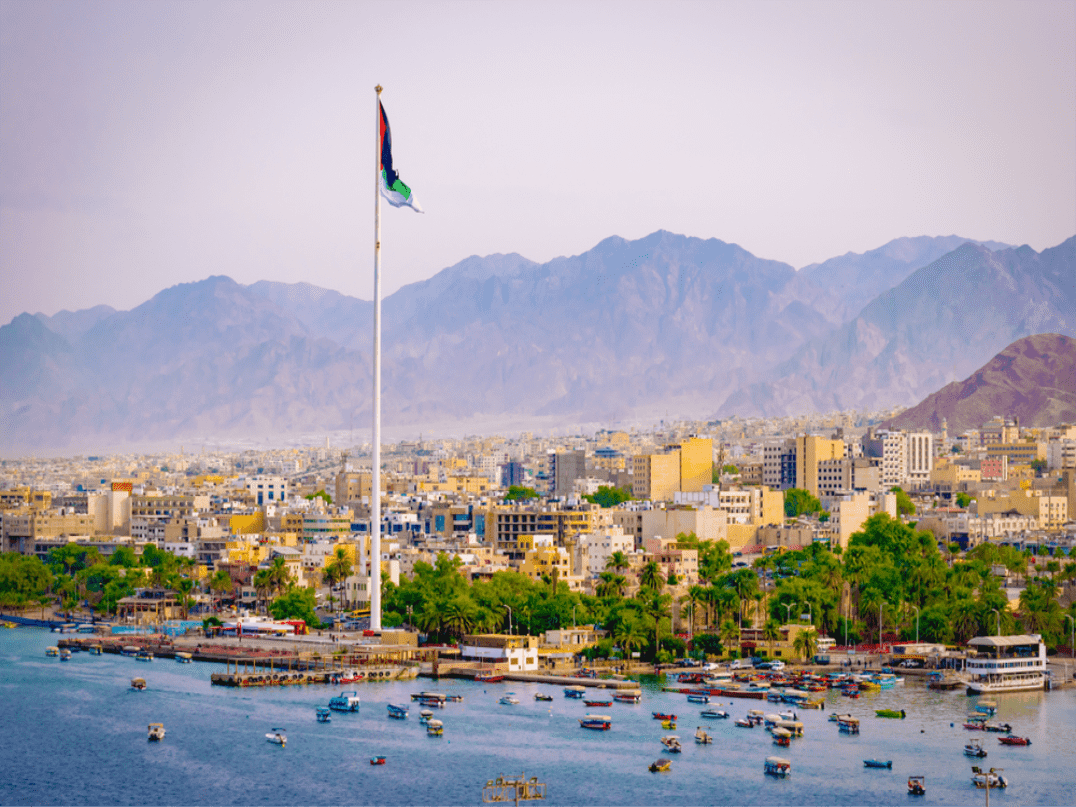Aqaba: Beach, Sand and Sun Are a Great Way to Relax by the Red Sea


Located at the southern end of Jordan on the Red Sea, the resort town of Aqaba is quite a lively destination. It has several large luxury hotels, a large shopping area, and a happening beach scene along its sandy shores.
The city was once an ancient settlement known as Elath. It is thought to be derived from the Semitic name of the Pistacia tree. This small tree native to Iran was once grown for its edible seeds and a resin called mastic. Established just west of Aqaba in 1947, the modern city of Eilat also takes its name from the ancient settlement. Later the name of the city was changed to Aela or Haila under Roman rule and adopted in Arabic as Ayla (آيلة). The name it goes by today is actually an abbreviated version of al-ʿaqabat Aylah (آيلة العقبة) or “the mountain-pass of Ayla”.
Back during the times of the Romans, the Aqaba port linked Damascus to the Red Sea. Later, it fell into stagnation under the Ottoman Empire, sitting unused for centuries. Flash forward to World War I and the Battle of Aqaba when Ottoman forces were routed by none other than T.E. Lawrence and the Arab forces of Auda abu Tayi and Sherif Nasir. This victory that then allowed the British to use the port of Aqaba to supply Arab forces.
The economy of Aqaba today is still largely based around its port with12 terminals operated by five operators and a ferry terminal that brings in about 1.3 million passengers from Egypt a year. However, Aqaba’s economy doesn’t rely solely on its port industry. The city’s tourism sector has grown exponentially since the early 2000s. The Aqaba of today boasts a number of luxury hotels. The one that stands out is Tala Bay resort, located 20 km further to the south. All of these hotels service those who come for some fun in the sun and want to enjoy water sports. Even Jordan’s King Abdullah II has a vacation palace in town. The royal family has long taken breaks from work life in Amman by heading to the Red Sea. According to Her Majesty Queen Rania, they “love spending time at the beach together—just talking, listening to music, and barbecuing.”
If you want to drive yourself, Aqaba is a little over four hours (206 miles) via the Desert Highway from Amman. Alternatively, there are also many bus services between Aqaba and major cities in Jordan. These include buses complete with air conditioning and bathrooms.
The Port of Aqaba is the only port in Jordan. However, regular ferry routes to Egypt are available on a daily basis and are operated by several companies. The routes serve mainly the Egyptian coastal cities on the gulf like Taba and Sharm Al Sheikh.
King Hussein International Airport is a 20-minute drive north of Aqaba’s city center. Regular 45-minute flights from Amman to the Aqaba airport are provided by Royal Jordanian Airlines and Jordan Aviation Airlines. Also several international flights arrive from Istanbul, Dubai, Alexandria, Sharm el-Sheikh, and other destinations throughout Asia and Europe.
Along with the sun, surf, sand and shopping one expects, there’s rich history in Aqaba as well. Adjacent to the 16th-century Aqaba Fort (also known as Aqaba Castle) is the Aqaba Archaeological Museum. Located in the former residence of King Abdullah’s great-grandfather, Sharif Hussein bin Ali, the museum, the largest in Aqaba, makes for an informative and historic afternoon with its displays of vital Islamic artifacts from the 7th to the 12th centuries. Nearby, you’ll also find the Aqaba Flagpole, which carries the flag of the Arab revolt against the Ottomans and is the sixth largest free-standing flagpole in the world.
Aqaba weather dictates the perfect times to visit this city by the sea. The high seasons are April-June and September- November. If you’re not into water sports, January-February is a good time to visit. The water temperature is around 18C (64F). This keeps the crowds who come for the sand, sea and surf away.
It’s also important to note that during national holidays, and especially during the 5-day holidays that follow Ramadan and Eid Al-Adha, Jordanian and western expats from all across the country flock to Aqaba’s luxury resorts and sandy beaches. During these times, hotel occupancy reaches as high as 90%, but more often than not, hotels are fully booked.
If you’d like to visit Aqaba beach and maybe learn to speak Arabic to talk to the locals of the seaside town, research shows that the best way to learn Arabic is through the use of Arabic learning apps like the Kaleela Arabic learning app. Visit our website and find out how you can learn Levantine Arabic or any of the other Arabic dialects spoken throughout the region by downloading the Kaleela Arabic learning app to your IOS or Android mobile device today.